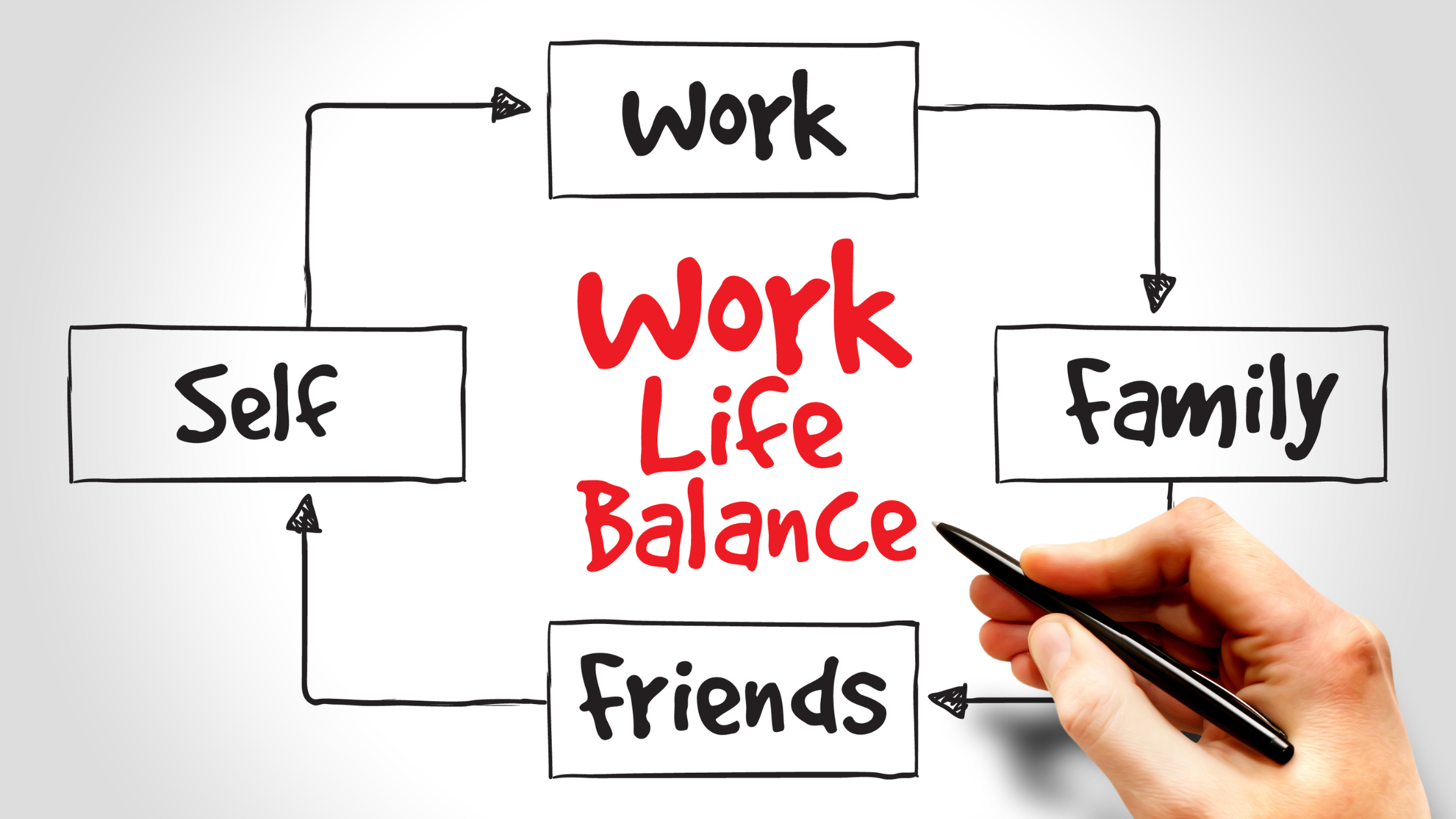In today’s fast-paced world, maintaining a healthy work-life balance is a challenge faced by many individuals. This struggle is not limited to professionals in traditional office settings. Even domestic staff members, who play a crucial role in supporting households, often find it difficult to maintain a healthy work-life balance. However, by implementing effective strategies and prioritising self-care, domestic staff can achieve a harmonious equilibrium between their professional responsibilities and personal well-being.
Setting Boundaries
Maintaining clear boundaries is essential for a healthy work-life balance. Domestic staff should establish clear guidelines regarding their working hours, breaks, and days off. Communicating these boundaries with employers helps in creating realistic expectations and allows for uninterrupted personal time. Employers, in turn, should respect these boundaries and ensure they are not crossed without valid reasons.
Time Management
Efficient time management is the key to balancing work and personal life effectively. Domestic staff members should prioritise tasks, and create daily schedules themselves if these are not provided by the household, to maximize productivity and minimize stress. By organising their time efficiently, they can complete their work responsibilities while still allocating dedicated time for themselves and their families.
Self-Care and Personal Time
Taking care of oneself is crucial for overall well-being. Domestic staff should make self-care a priority by engaging in activities that rejuvenate them physically, mentally, and emotionally. Regular exercise, pursuing hobbies, spending quality time with loved ones, and taking occasional vacations are important aspects of maintaining a healthy work-life balance. By nurturing personal relationships and engaging in activities they enjoy, domestic staff can prevent burnout and maintain a positive outlook.
Open Communication
Establishing open lines of communication between domestic staff and their employers is vital for maintaining a healthy work-life balance. Both parties should feel comfortable discussing concerns, sharing feedback, and addressing any issues promptly. By fostering a culture of open communication, employers can better understand the needs and challenges faced by domestic staff, leading to more effective support and collaboration.
Seek Support
Domestic staff members should not hesitate to seek support when needed. Whether it is reaching out to colleagues, joining support groups, or seeking professional assistance. Having a network of individuals who understand their unique challenges can provide valuable guidance and encouragement. Additionally, employers can play a crucial role in supporting their domestic staff by offering resources, mentoring opportunities, and incentives that promote work-life balance.
Are you ready to take on a domestic job? Contact us and express your interest. We can help with finding you a job as well as training to boost your knowledge and CV.

